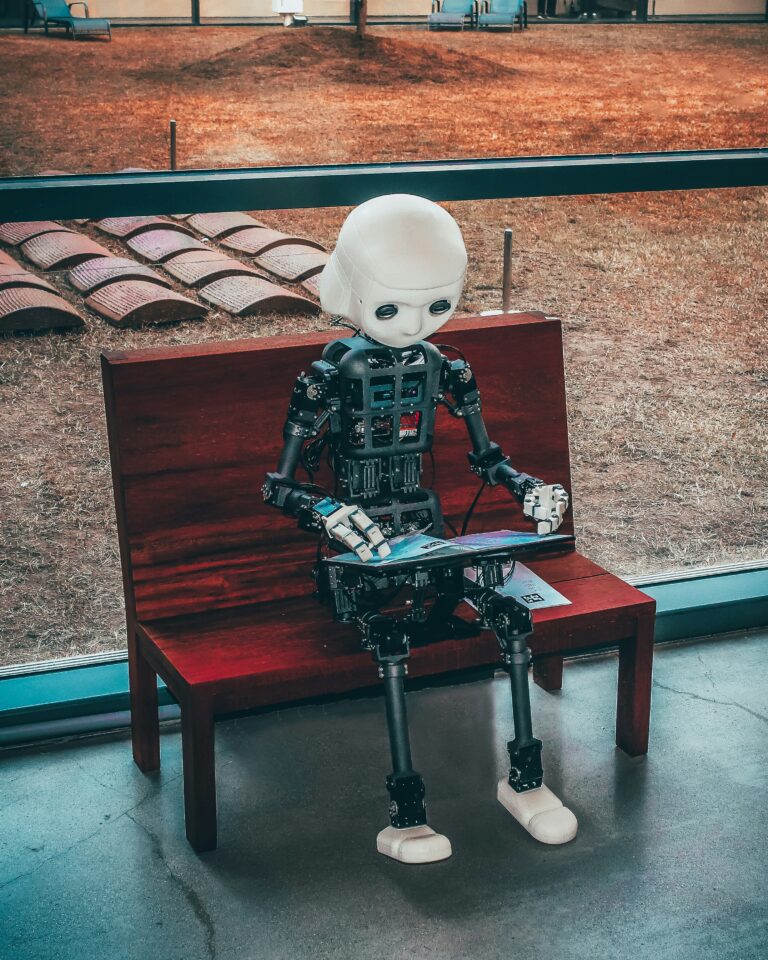From content to capability. Traditional schooling often prioritises memorising facts and mastering fixed syllabi. In an era where information is abundant and ephemeral, the emphasis should move toward transferable skills: critical thinking, creativity, collaboration and digital literacy. These capabilities help learners evaluate information, solve novel problems and adapt to new technologies rather than simply reproducing knowledge.
Learner-centred and inquiry-driven approaches
Active learning models project-based learning, inquiry cycles and interdisciplinary projects encourage students to pose questions, test ideas and reflect on outcomes. When learners tackle real-world problems that cross disciplinary boundaries, they develop resilience and the ability to draw connections across contexts. Educators become facilitators who design learning environments rather than mere transmitters of content.
Digital literacy as civic skill
Digital literacy is not only about technical competence. It includes media literacy, data literacy and ethical awareness. Students must be able to assess the credibility of online information, understand how algorithms influence what they see, and recognise the social implications of data collection. Equipping young people with these skills strengthens democratic participation and reduces vulnerability to misinformation.
Socio-emotional learning and human skills
As automation changes the labour market, interpersonal skills gain strategic importance. Empathy, teamwork, communication and self-regulation enable individuals to work effectively with others and to navigate uncertainty. Embedding socio-emotional learning into curricula supports mental wellbeing and builds the collaborative mindset modern societies demand.
Teacher development and professional autonomy
Teachers are central to any successful transformation. Professional development should focus on pedagogies that integrate technology meaningfully, not merely use it as an add-on. Giving teachers autonomy to experiment, iterate and share practice fosters a culture of continuous improvement. Networks of educators, supported by coaching and time for collaboration, accelerate the spread of effective approaches.
Equity, inclusion and access
Technology can widen opportunity but also deepen inequality if access is uneven. Closing digital divides requires investment in connectivity, devices and teacher training, but also attention to culturally responsive content and inclusive design. Policies must ensure that disadvantaged students receive targeted support so that innovation benefits everyone.
Assessment for complex competencies
Assessment systems should measure complex competencies, not only recall. Portfolios, performance tasks and narrative assessments capture a learner’s ability to apply skills in authentic contexts. Formative assessments that provide ongoing feedback help students while informing instruction in real time.
Partnerships and lifelong learning ecosystems
Preparing students for unpredictability means creating learning ecosystems that extend beyond school walls. Partnerships with industry, universities and civil society create pathways for internships, mentorships and applied learning. Promoting lifelong learning through micro-credentials, modular courses and community learning hubs allows people to reskill throughout their careers.


